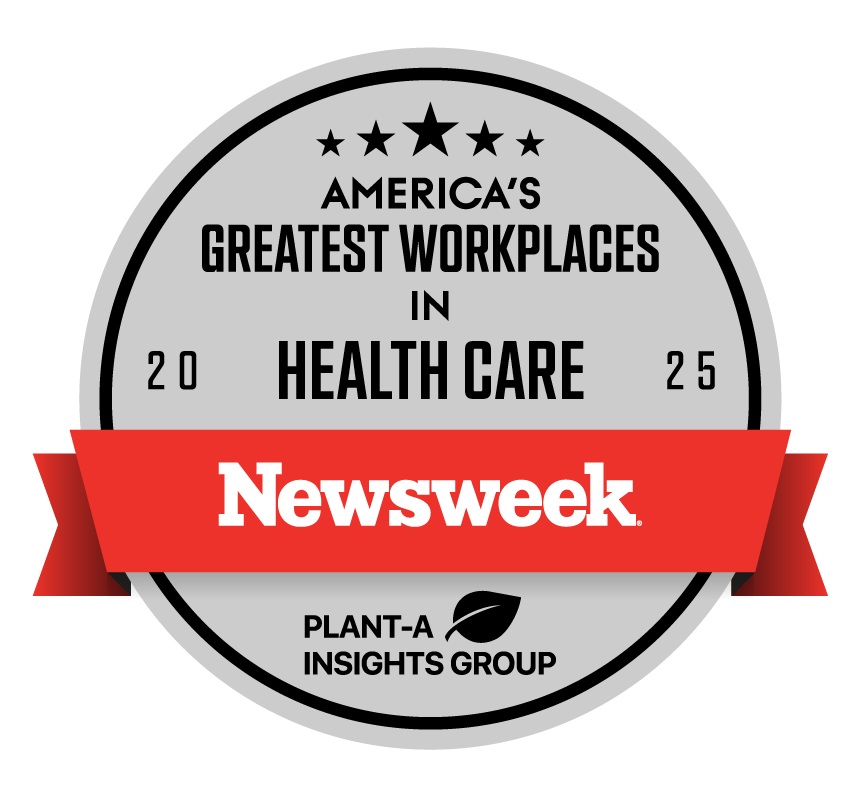About ECHO
Project ECHO (Extension for Community Healthcare Outcomes) is a guided-practice model that aims to increase workforce capacity by sharing knowledge. Specialists at the “hub” site meet regularly with providers in local communities via videoconferencing to train primary care providers in the delivery of specialty care services.
The ECHO model™, developed at the University of New Mexico Health Sciences Center, provides front-line workers with the knowledge and support they need to manage patients with complex conditions in their local communities. This dramatically increases access to specialty treatment, particularly in rural and underserved areas.
Since the start of Project ECHO in 2003, the model has greatly expanded and has been implemented in over 1,400 hubs – both in the U.S. and internationally – covering dozens of complex conditions and problems.


